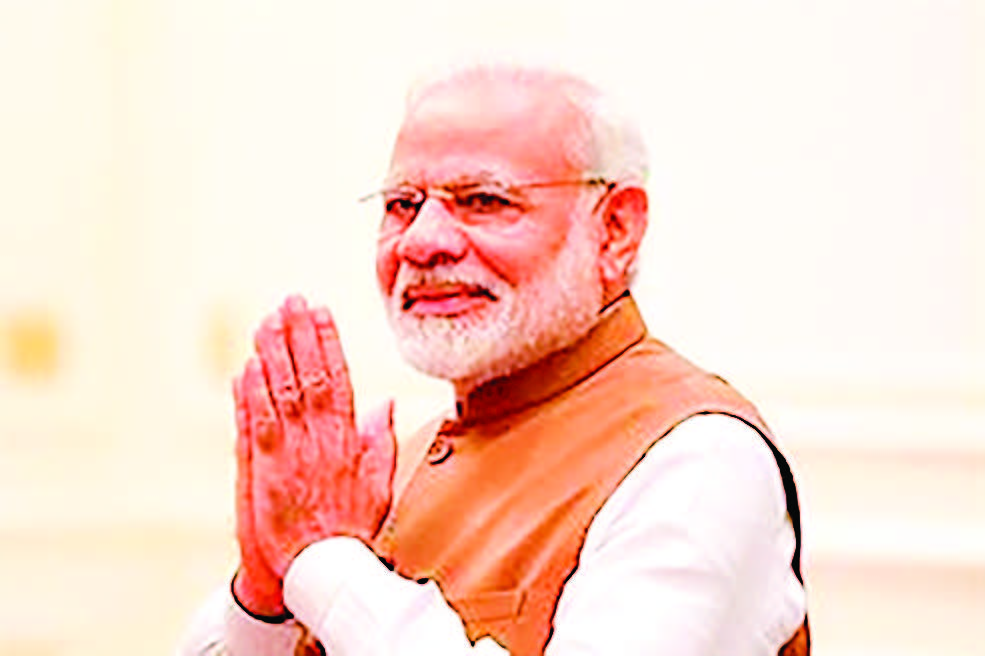National power is of the greatest significance in international relations. A powerful State is frequently in a situation of influencing international relations, and thus, every country tries to strengthen its national power. In that regard, it is essential to know the definition of power. Power carries a variety of definitions, and the clearest definition of power is measuring the capability of an organization to control the behaviour of other organizations.
It is necessary to combine hard and soft power into smart power and just power to ensure a strong national power for a nation. Effective and appropriate strategies and policies need to be formulated in order to implement national power. National power is the capacity of a country to implement its local and foreign policy and also a combination of strengths and weaknesses in strategic military, economic, political and psychological affairs. For the time being, our traditional thinking must move beyond zero-sum games and focus on multi-sum games and symbiotic, realistic interstate relations in line with existing global situations. At the same time, we need to realize the concept of the balance of power and the value of each and every country for its national characteristics. The concept of “soft power” was developed by Joseph Nye in the late 1980s. For Nye, power is the ability to influence the behaviour of others to get the outcomes you want. According to Nye, the concept of just power holds that state power needs to be employed in accordance with basic principles of justice at all times. This needs to be done not necessarily for moral reasons but because it is the only sustainable way to promote national interests and achieve national security.
A New Concept of Power- Integrated Ideal Power (IIP), which is the combination of four powers, includes soft power, hard power, smart power and just power. The strong points of power are increased efficiency, improved effectiveness, increased readiness, likelihood to show fairness, consistency, ethics, and more political stability.
The concept of the IIP for national development will concentrate on smart power and just power in the changing context of global politics. Nowadays, India is growing in a critical strategic position, and thus, it needs to consider the IIP concept for the future remaining years of the 21st century. The successful implementation of the IIP through appropriate retention, attraction and development strategies will result in a doable global peace and development that has both the capacity and the capability to meet the needs and aspirations of global citizens.
When we look at India, within ten years, Indian Prime Minister Narendra Modi could play IIP for the peace and development of India. One of the quotes from Modi mentions, “I am a very optimistic man, and only an optimistic man can bring optimism to the country.” As a global recognition, he won the reader’s poll as TIME’s Person of the Year in 2016. In previous years, he had received top ranking as one of the most influential political figures in the world in both TIME and Forbes Magazine. With high favorability ratings among Indian voters, he enjoyed a reputation for actively engaging citizens through social media and encouraging his own administration to stay active on its platforms. In terms of foreign policy, he has taken on a multilateral approach, and he has participated in the BRICS, ASEAN and G20 summits and has aligned himself with the United States, China, Japan and Russia to improve economic and political ties. He launched a “Clean India” campaign, which focused on sanitation and the construction of millions of toilets in rural areas in 2014. A glimpse of Modi’s nature is that he has strong collaboration in dealing with issues or challenges, mutual respect, mutual understanding and honouring each other, a spirit of compromise, positive thinking, and mutual agreement on common goals or objectives. One of Modi’s remarkable speeches on World Youth Skills Day mentioned that the skill development of the new generation is a national need, and India’s skilled workforce helped in an effective battle against the pandemic. As Henry Ford, an American industrialist who founded the Ford Motor Company, said, coming together is the beginning, staying together is progress, and working together is success. Prime Minister Modi could bring India to work together as a success in the country’s development perspective. Generally, Modi is a leader of great integrity, and he is honest and transparent and always acts in the best interests of his country.
Last but not least, the IIP calls for strengthening national power and security to the respective sector on a regular basis to assist with the implementation of national as well as global development. This IIP provides power effectiveness and readiness in India and key points, in general, to be considered in envisioning the IIP strategy for Global Peace and Development in the 21st century



